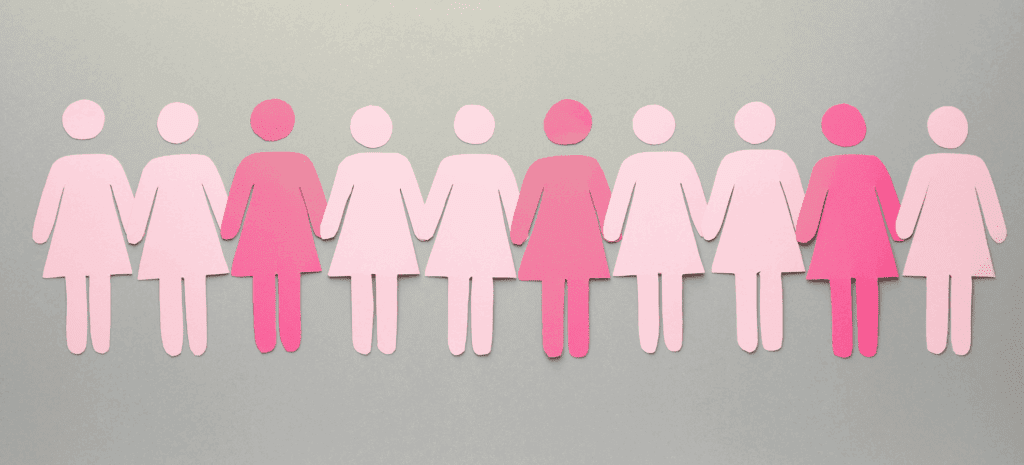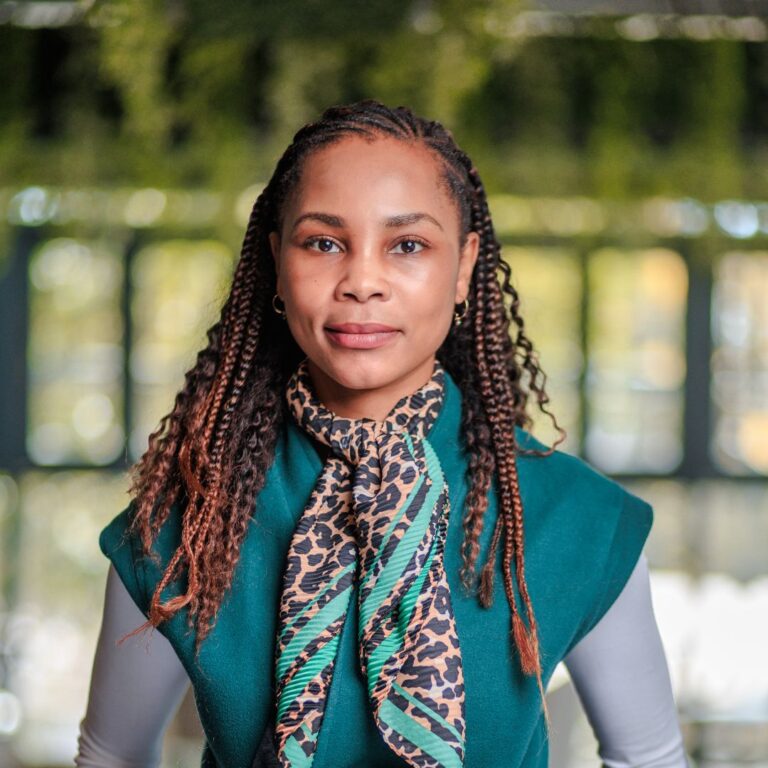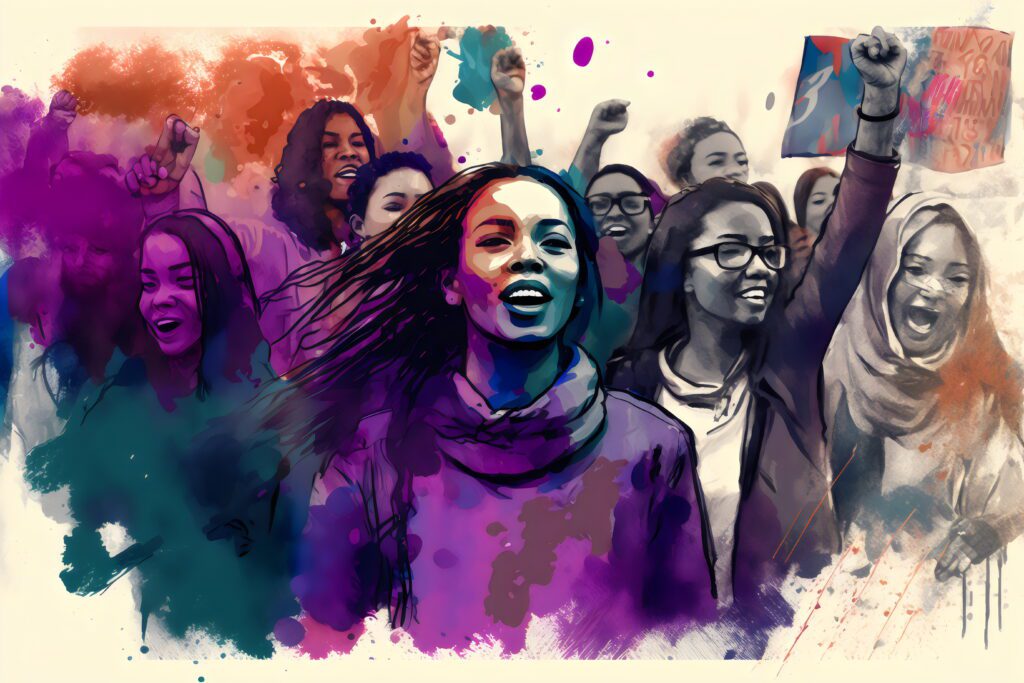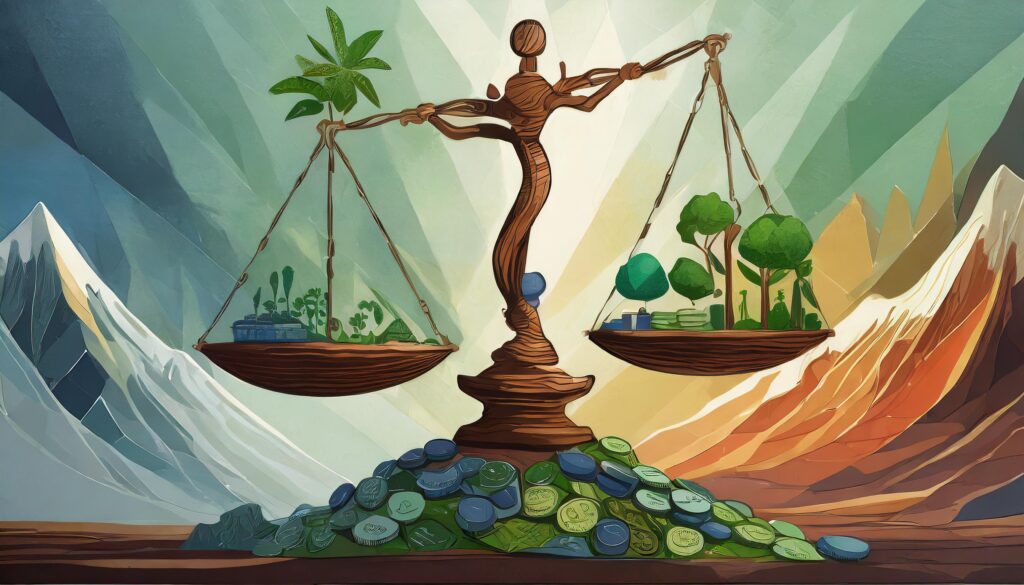The Evolution of South African Women: From Marginalisation to Empowerment

The Evolution of South African Women: From Marginalisation to Empowerment
South African women have long stood at the intersection of struggle, resilience, and transformation. From precolonial matriarchal influence to the frontline of anti-apartheid resistance, and now as leaders in business, government and civil society, their journey reflects the broader evolution of the country itself.
Before colonial disruption, many African societies in South Africa operated with gender roles rooted in balance rather than strict hierarchy. While men often hunted or managed external defense, women played crucial roles in agriculture, community decision-making, and spiritual life.
The institutionalised racism of apartheid, established in 1948, intensified existing inequalities. Black women were often forced into low paying domestic work and denied basic human rights. Yet, from these hardships rose a fierce resistance movement, where women were not passive victims but powerful activists that would shape history as we know it today.
One defining moment of the South African history was the 1956 Women’s March. On August 9 over 20,000 women of all races and backgrounds, some carrying small babies on their backs others clutching on their toddlers’ hands, marched to the Union Buildings in Pretoria to protest the pass laws that restricted the movement of Black South Africans. The chant “Wathint’ Abafazi, Wathint’ Imbokodo!” (“You strike a woman; you strike a rock!”) became a rallying cry for generations. Women like Lilian Ngoyi, Helen Joseph, Rahima Moosa, and Sophia Williams-De Bruyn exemplified the spirit of defiance and unity. Their fierce spirit lives on and remains the foundation of South African women’s resilience and leadership.
Post-Apartheid Gains and Challenges
With the fall of apartheid and the new dawn of 1994, South African women were officially recognized in the new democratic constitution as equal citizens. The Constitution of South Africa which is often referenced as amongst the most progressive in the world relating to human rights and equality which paved way for gender equality. It enshrines women’s rights to dignity, bodily integrity, reproductive healthcare, and protection from discrimination. This legal foundation meant that women could now own property, vote, and access fair legal advice. Today, women have the freedom over their reproductive health, they can decide if they want to have children or how many children they want. Women also enjoy the antonym to choose between marriage, companionship, life partner or singlehood. This has given a rise to the women-headed household where women are primary income providers.
Cultural Shifts and the Role of Feminism
The post-apartheid period also saw the rise of intersectional feminism tailored to South African realities, advancing women’s rights and gender equality. Movements such as #SafeTaxiNow, #AmINext, and other campaigns against gender-based violence (GBV) brought attention to persistent issues affecting women’s safety and autonomy. Women from all walks of life, including business, academia, advocacy and grassroots movements continue to challenge patriarchal norms that persist in traditional institutions, corporates, and political structures.
While some platforms have amplified women’s voices and representation, others still reinforce outdated stereotypes. Yet, young female professionals, entrepreneurs, and digital influencers are reshaping narratives on womanhood in an African context.
Economic Equality for South African Women: Progress and Persistent Gaps
Economic equality remains one of the most pressing and complex challenges facing South African women today. Despite legislative reforms and affirmative action policies aimed at gender transformation, the economic landscape remains skewed in favour of men—especially white men—while the majority of women, particularly Black and rural women, continue to face systemic barriers to full economic participation.
Labour Force Participation
According to data from Statistics South Africa (Stats SA), As of 2024, the labour force participation rate for women in South Africa is 53.7%, compared to 63.9% for men.
This gap reflects both structural exclusion and social expectations many women are pushed out of formal employment and are expected to assume the role of caregiving and lack of affordable childcare.
Pathways to Change
Addressing economic inequality for South African women will require:
- Gender-responsive budgeting that allocates public resources to programs benefiting women (such as childcare, rural entrepreneurship, and education).
- Stronger enforcement of employment equity laws and more accountability from the private sector.
- Financial literacy and inclusion programs, especially in townships and rural areas.
- Increased investment in care infrastructure to reduce the burden of unpaid work.
South African women have shown resilience and entrepreneurship even within restrictive systems. But to move from survival state to empowerment, economic transformation must be intersectional accounting not only for gender but also race, geography, disability, and class.
The Road Ahead: Towards True Empowerment
The evolution of South African women is a story still being written. From rural homesteads to corporate boardrooms, from classroom desks to protest frontlines, women continue to reshape the country’s moral and political compass.
Achieving true gender equality will require more than symbolic victories. It demands more than structural change, it calls for access to quality education, healthcare, and justice; economic policies that address historic inequalities; and a cultural revolution that dismantles toxic masculinity and embraces diverse expressions of femininity and identity.
We need more corporate boards intentionally prioritise the Women Agenda as part of their corporate strategy and further committing to meet those set targets and contribute towards closing the gender inequality gap as a strategic commitment and not an afterthought.
As we close off Women’s Month, it is essential to remember that the journey is collective. The future of South Africa rests not only on recognizing the rock-solid resilience of its women but on building a society where they can thrive without fear, compromise, or apology. We need men to walk this path with us not as bystanders, but as allies.
Happy Women’s Month to all women of South Africa.

About the Author
Ms. Khanyo Ngwenya is the Chairperson of the Women Empowerment Desk and a Board Member of the Black Management Forum (BMF). She is a seasoned Governance Professional and holds a Master’s degree in Law. Based in Cape Town, she enjoys spending time with her family and listening to podcasts on financial markets.






Responses